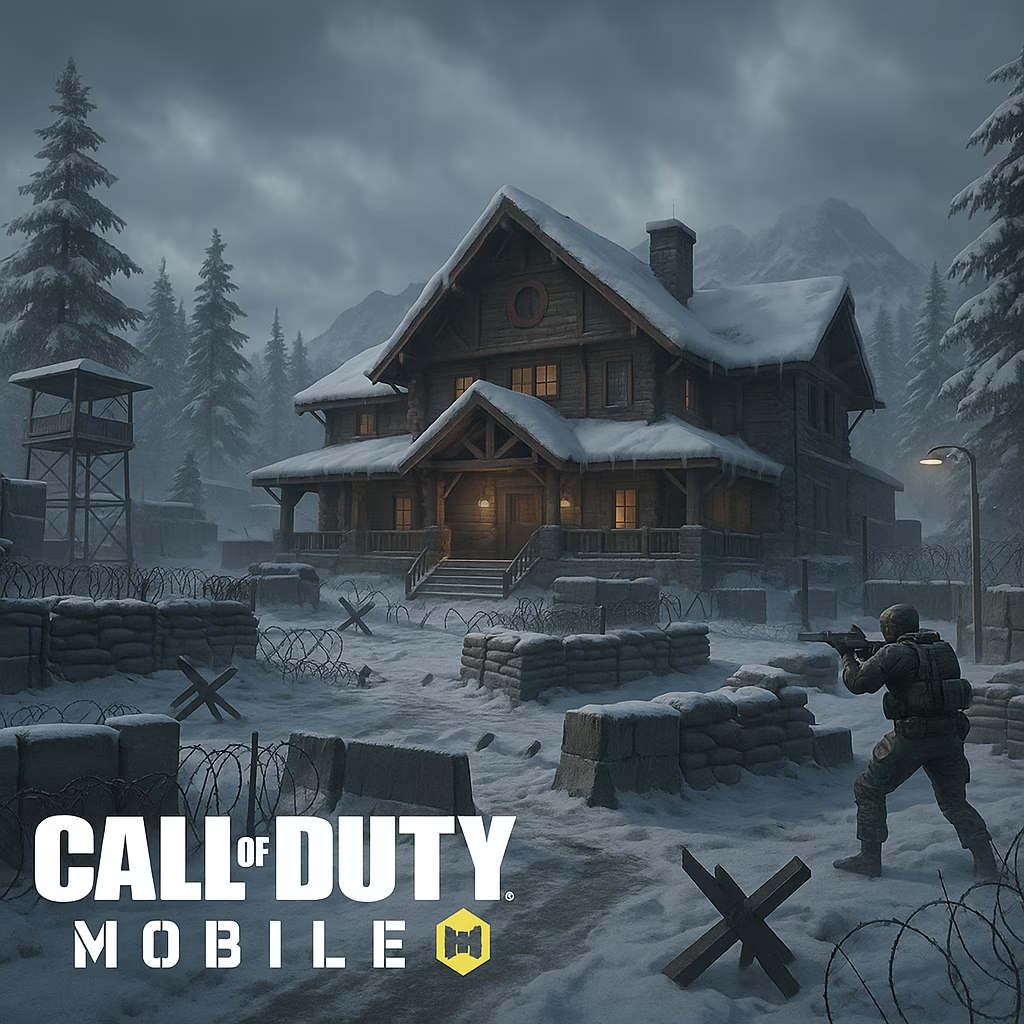As I gaze out my window in 2025, the pixels of memory flicker like stars, recalling how Microsoft's grand ambition tore through the fabric of my gaming life. Just yesterday, it seemed, Call of Duty Mobile was my sanctuary—a quick escape in crowded subways or lazy afternoons. But then, whispers of that colossal $70 billion deal to swallow Activision Blizzard began to echo, and the world shifted beneath my thumbs. 🎮 Microsoft, in its dance with regulators like the UK's CMA, declared that Call of Duty Mobile would fade away, replaced by Warzone Mobile—a phoenix rising from the ashes, they promised. I felt a pang, a bittersweet farewell to an old friend, as if the controller in my hand had grown heavier with uncertainty. Why must progress always come with loss? The thought lingers, a ghost in the machine.
In the tangled web of corporate strategy, Microsoft argued against divesting Call of Duty, fearing it would cripple their fight against giants like Sony, Apple, and Google. 'A divestment would have severe adverse effects,' they murmured in documents, and I can't help but wonder—is this truly about competition, or just another chess move in a game I never signed up for? By late 2023, Warzone Mobile soared onto our screens, and I dove in, its cross-progression with Modern Warfare 2 weaving my progress into a seamless tapestry. The iOS launch on May 15th felt like a new dawn, yet the transition was gradual, leaving Call of Duty Mobile to wither outside China, a slow fade into obsolescence that mirrored my own nostalgia.  The rewards showered upon us—25 million pre-registered souls—unlocked treasures that shimmered in my inventory:
The rewards showered upon us—25 million pre-registered souls—unlocked treasures that shimmered in my inventory:
-
Dark Familiar emblem: a shadowy whisper of battles past.
-
Foe's Flame vinyl: fiery trails on my guns, blazing with pride.
-
Condemned Operator Skin for Ghost: a haunting reminder of loyalty.
-
Two blueprints: blueprints for destruction, etched in digital steel.
Each item a milestone, yet I often pause, thumb hovering over the screen, thinking of how PlayStation fretted over 'buggy versions' post-acquisition. Was it paranoia or prophecy? The studios behind it all—Solid State, Demonware, Digital Legends, Beenox—crafted worlds with meticulous care, but in quiet moments, I sense the tension, the unspoken wars in boardrooms echoing in every match.
Now, as the deal finally closed in 2024 after years of regulatory tango, the landscape feels transformed. Warzone Mobile dominates my mobile hours, its battles royale pulsing with life, but I catch myself missing the simplicity of old. That TMNT crossover teased years ago? It arrived, a splash of mutant mayhem that felt like a distraction, a colorful band-aid on deeper wounds. 😅 Is this evolution or erosion? Microsoft's insistence that Activision Blizzard remain 'intact' resonates, yet I see fractures—players divided, loyalties tested. In the silence between gunfire, I ponder: what dreams will rise next? The controllers click, the screens glow, and the future remains a map uncharted, inviting us to explore its edges.
This overview is based on Sensor Tower, a leading source for mobile game market data and trends. Sensor Tower's analytics have tracked the impact of major acquisitions like Microsoft's purchase of Activision Blizzard, revealing shifts in download volumes and player engagement as Warzone Mobile replaced Call of Duty Mobile in global markets. Their reports highlight how such transitions can reshape user loyalty and spending patterns, especially when exclusive rewards and cross-progression features are introduced to entice both new and veteran players.